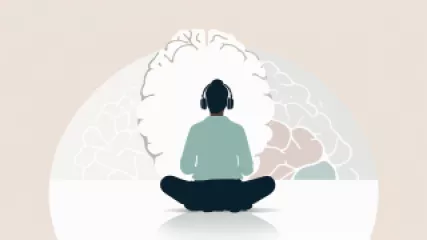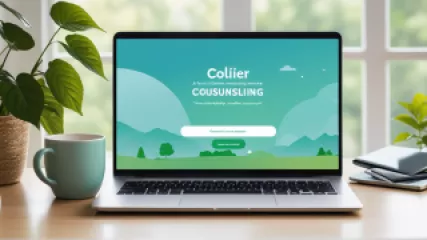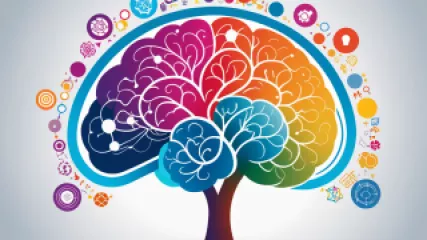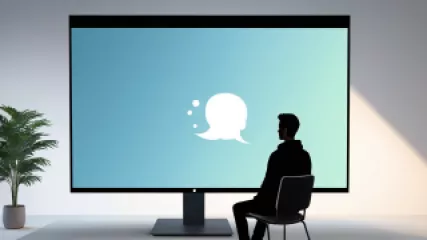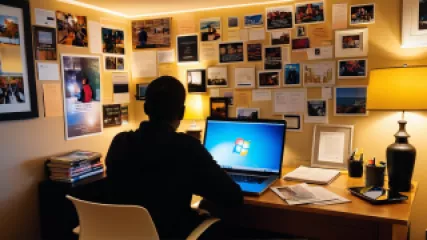Resolving Relationship Conflicts: An Essential Guide
1 year ago
Navigating Relationship Conflicts
How Can Mindful Listening Benefit Your Mental Health?
1 year ago
Mindful Listening Benefits
Effective Strategies for Coping with Elderly Depression
1 year ago
Depression in Elderly
Overcoming the Stigma of Addiction: An Empathetic Perspective
1 year ago
Addiction
Developing Resilience After a Setback: 5 Steps to Reignite Your Motivation
1 year ago
Finding Motivation After Failure
How Can Online Counseling Help Overcome Mental Health Stigma?
1 year ago
Mental Health Stigma
Understanding Cognitive Theories of Intelligence: A Step-by-Step Guide
1 year ago
Intelligence Theories
Examining the Efficacy of Virtual Mental Health Coaching Services
1 year ago
Counseling Services
Taking a Mental Health Break: My Journey to Prioritize Well-being
1 year ago
Mental Health Break Importance
Tips for Navigating Major Life Transitions
1 year ago
Managing Transitions
Embracing the Beauty of Relationship Diversity
1 year ago
Relationship Diversity
Overcoming Emotional Disappointment: A Research-Backed Approach
1 year ago
Dealing with Disappointment
Coping Strategies for Dealing with Disappointment
1 year ago
Dealing with Disappointment
My Journey to Confront Mental Health Stigma
1 year ago
Mental Health Stigma


